Some people would say that feminism is about choices and we should let women choose for themselves. Some, on the contrary, would argue that there are no ‘free choices’ in reality; rather every choice we make is a result of our conditioning. However, there is no denying that going with the flow and making the popular choice is much easier than making a stand against the expectations of society and in no way could the two kinds of choices carry equal weight. Well, I believe in looking deep, analyzing the hidden layers and understanding our own reality first. Let’s proceed then, shall we?
For the uninitiated, ‘Sindur Khela’ is a ritual performed on the last day of Durga Puja, the Bijaya Dashami. In this ritual, married women put sindur on each other’s forehead, and cheeks and ‘Sankha-Pola-Noya’ to celebrate their marriage and pray for its longevity.
You know, seeing these women playfully applying sindur to each other is a gorgeous and vibrant scene to observe. Just like seeing a bride all decked up on her wedding day, every little girl dreams of having that one day. Similarly, watching my mother participate in ‘Sindur Khela’ every year, had created that irresistible urge in me to do the same one day. When I got married, I couldn’t wait for Durga Puja to arrive as I would get to participate in this ritual for the first time. I celebrated my first “Sindur Khela” with great enthusiasm. However as the initial enthusiasm eventually waned, questions sprouted in my mind:
- Isn’t this discriminatory to other women who aren’t married?
- Doesn’t this indirectly suggest that unmarried women, widows and transwomen should not be part of the social celebrations?
- Isn’t it a blatant declaration of the fact that only ‘women with husbands’ are eligible to be celebrated by society?
My mind answered “YES”.
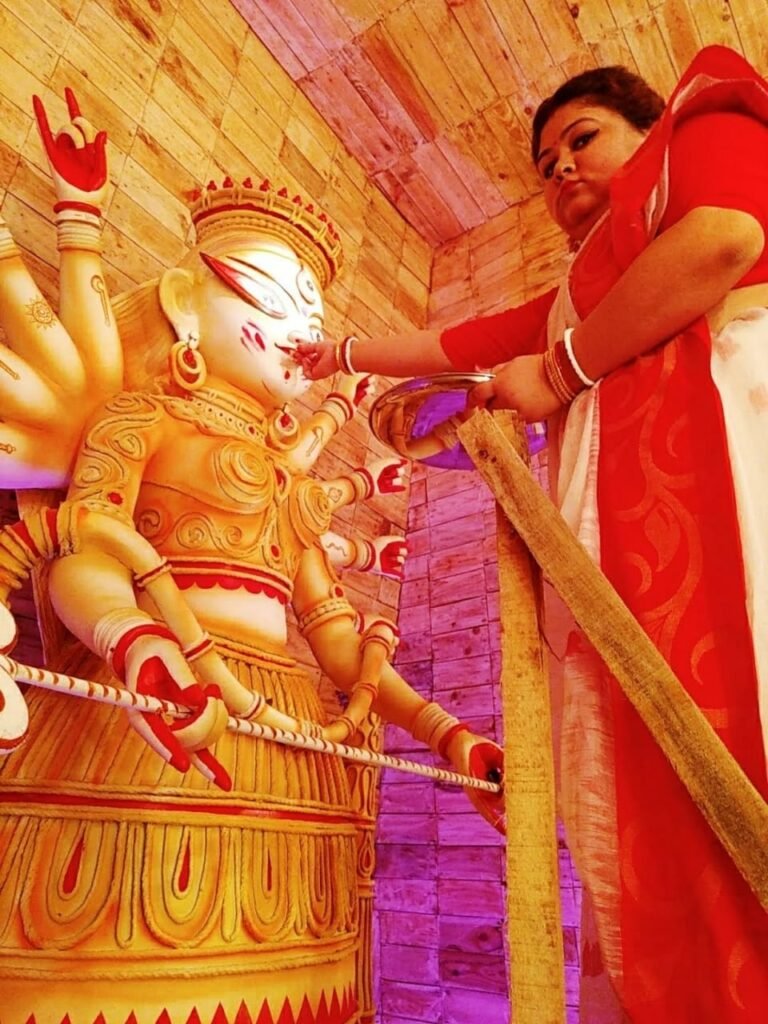
Why is it always the woman who fasts?
By that time I had already understood that most Indian festive rituals, that we so unassumingly participate in, are patriarchal. If ‘Sindur Khela’ is discriminatory, so is fasting for the husband, male child or brother. Festivals like ‘Rakhi’ or ‘Bhai Phonta’, where sisters fast and pray for the long life of brothers, are they any less discriminatory? It’s always the women, who have to fast and pray for others’ well-being. Though some of the husbands, brothers and sons actually do respect and fulfil the responsibility that comes with being on the other side of these rituals, most men don’t and they can easily get away without being shamed or dressed down by society.
The male privilege of being celebrated!
I stopped participating in ‘Rakhi’ and ‘Bhai Phonta’ long back, to be honest, not entirely due to my feminist allegiance, but also because I was finally able to see the lack of effort from the other party, which consisted of my cousin brothers. They didn’t have an ounce of respect for these rituals; they just enjoyed their male privilege of being celebrated. The callous way they made us wait for long hours despite knowing that we are fasting, and the way they took it all for granted without showing empathy to the efforts that we have put into the preparation of food and other things, helped me to make my decision to not participate in it anymore.
However, the decision about whether to participate in ‘Sindur Khela’ or not, was not that simple. I had to fight years of conditioning. As my husband wasn’t an uncaring fellow like my cousins, there wasn’t any personal cause to rebel, only an ideological one. I contemplated not participating anymore, but then something happened which changed my mind. I came across an initiative taken by a famous Durga Puja committee and a popular media house, to host a socially inclusive ‘Sindur Khela’. They invited widows and eunuchs from ‘Hijra’ community to their pandal on Bijaya Dashami to participate in ‘Sindur khela’ with women celebrities.
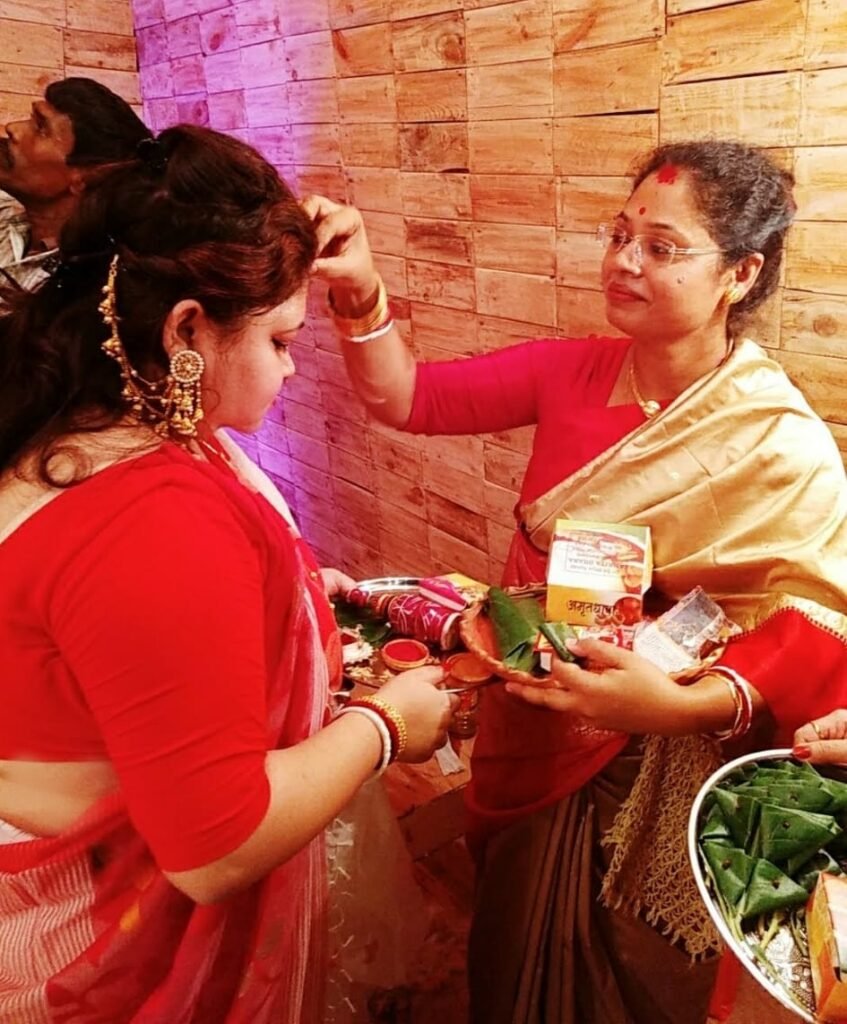
The case of the widows and the eunuchs…
Widows are traditionally barred from participating in any and all auspicious occasions in our culture, as their presence is deemed ominous. With the demise of their husbands, they are practically mothballed and all the colours are snatched away from their lives. On the other hand, Hijras are social outcasts. By including them in the festivities, the initiative broke the taboo and set an example. When I saw the photos of the celebration and listened to their interviews where they shared their excitement of finally being accepted publically, it inspired me beyond imagination. Their victory seemed personal. It felt like justice was finally brought to my Pishi, my father’s sister who lived with us but was banned from ‘Sindur Khela’ for being unmarried. It was a victory for countless women like her.
Therefore, instead of quitting ‘Sindur Khela’, I decided to be inclusive. I pledged that I will encourage my widowed relatives and neighbours to be a part of it. I promised myself that I will take a stand if someone tries to ban anyone else from joining the celebration in the name of upholding tradition. That’s what I have been doing hitherto.
Time to update our rituals…
There is a saying that if someone refuses to update themselves with changing times, they won’t survive. The same goes for rituals. They can update themselves to be more inclusive or go in the way of the dodo. It is on us to initiate that change.
If you are hesitant to break the cycle in the name of upholding tradition, let me share what Ishwarchandra Vidyasagar said when he was forced to look into traditional texts and scriptures for establishing a dogmatic context. In order to prove that ‘Bidhaba Bibaha’ (remarriage of a widow) is not against religion, he asked, “Why do you even need a reference to religious texts to change a social evil?”.
Similarly, I ask you, “Why would you need the approval of society, to update a ritual that you clearly see is discriminatory?”
From the next Durga Puja, let’s break free from the shackles of patriarchy and celebrate the eternal sisterhood by incorporating our sisters who have been left behind.
For Devi resides in every woman.
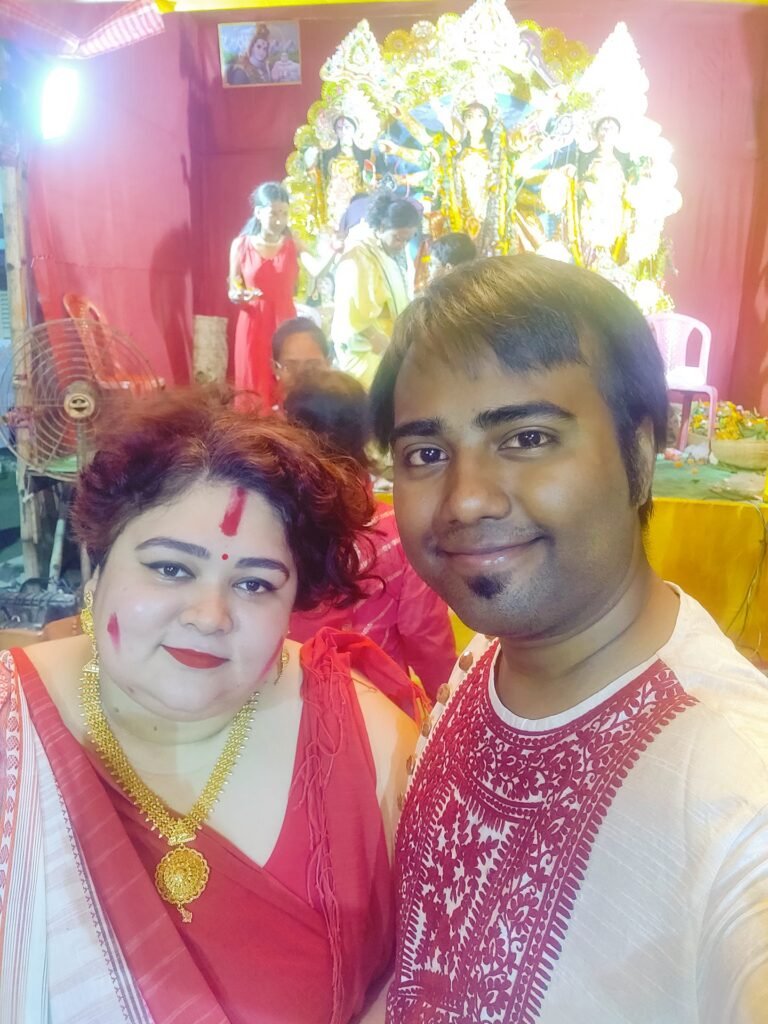





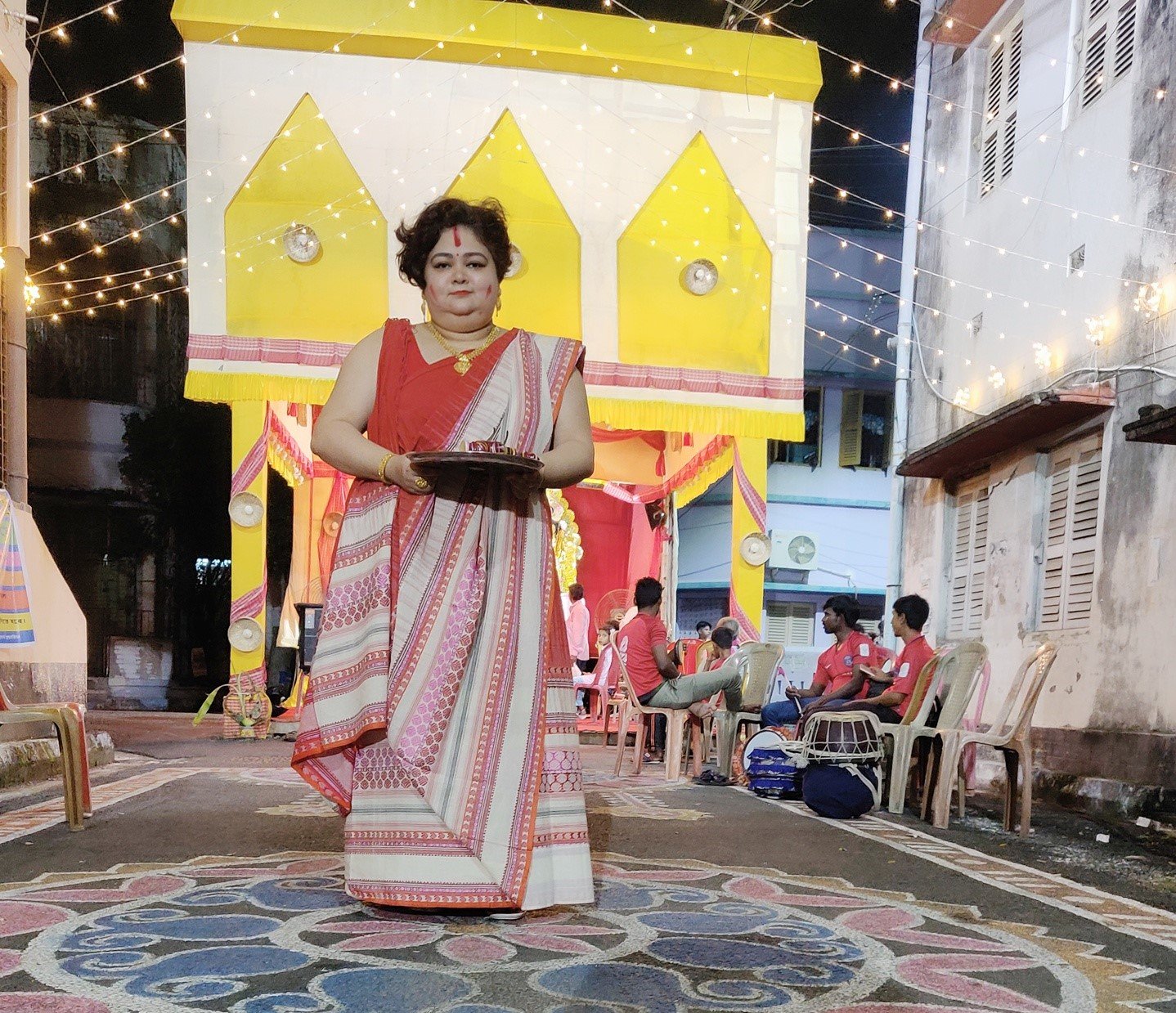

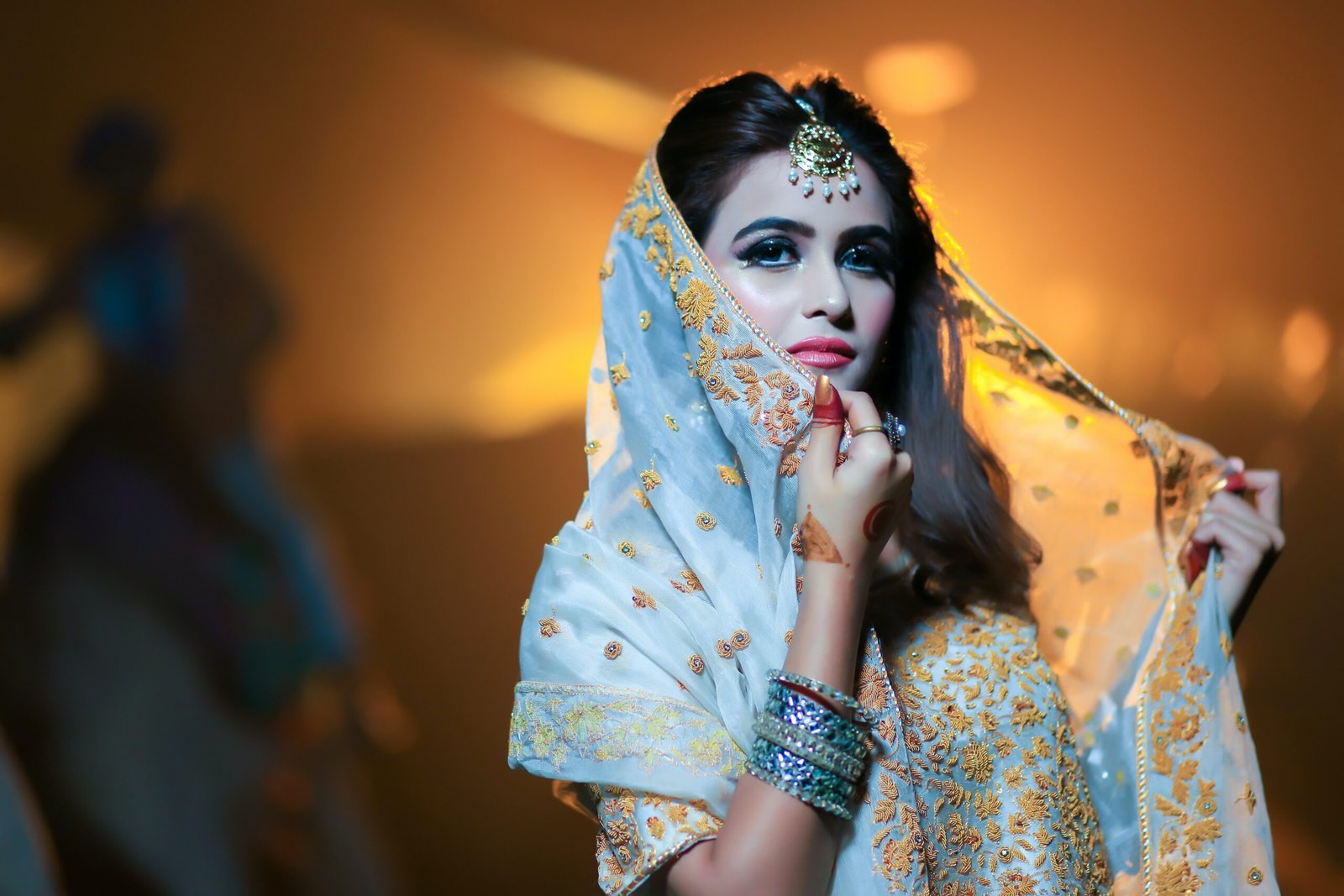
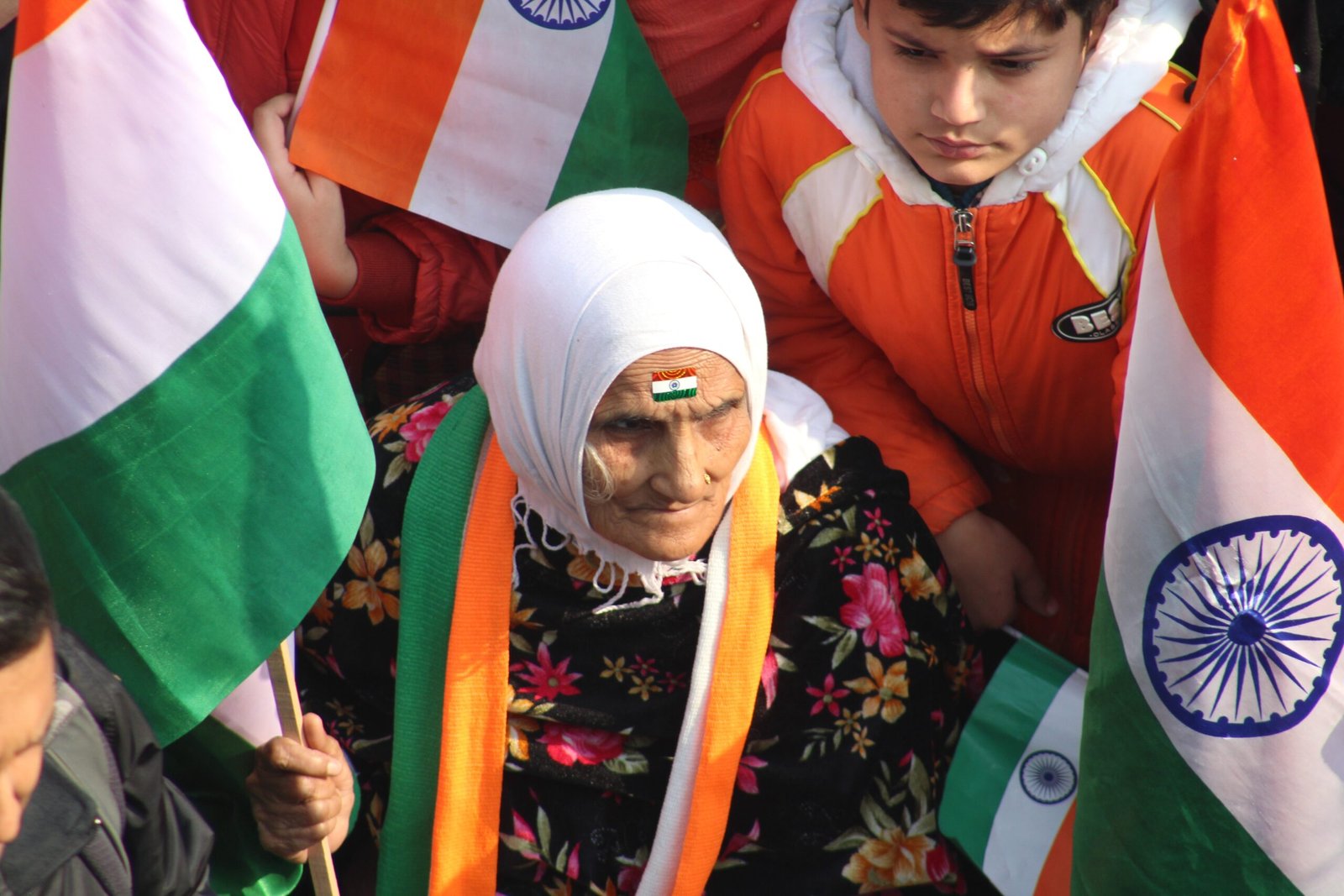





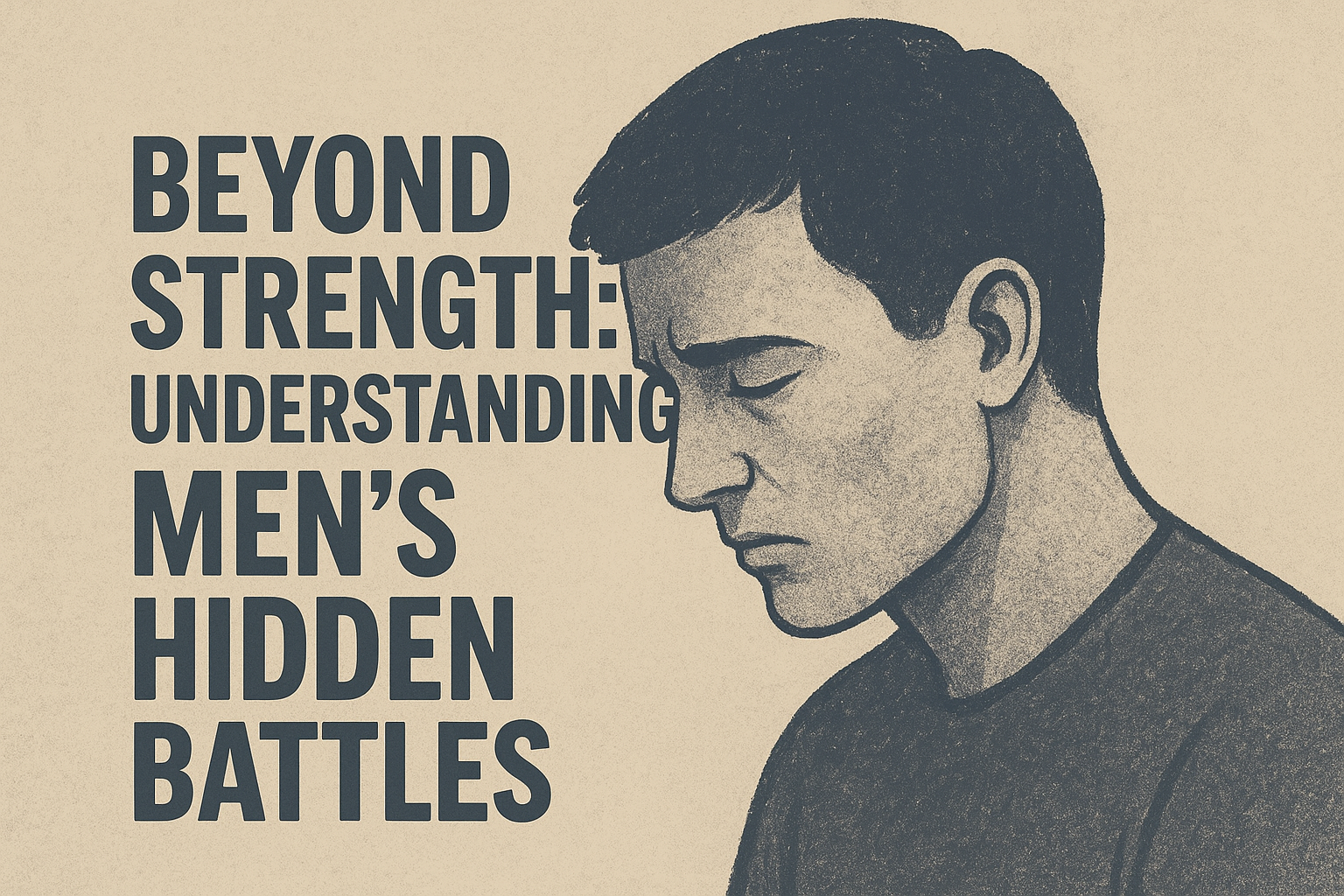
2 Responses
Some things are so ingrained in our conscience that we have stopped thinking about them .Almost like it was a genetic code set in every Hindu girl/woman and the total contrary in their counterpart males .
Time things changed and let them change ,albeit slowly.
Let us ask questions of ourselves .The answers will come .
Very good article & initiative. However, take issue with the last sentence- ‘left behind’.
I am divorced & have not participated in this as it’s not part of the celebrations in Bihar. However, while attending the ones organised by Bengalis I did feel excluded so stopped attending Dashmi celebrations.
But in my life I have never felt ‘left behind’. Have just avoided occasions that force that on me.